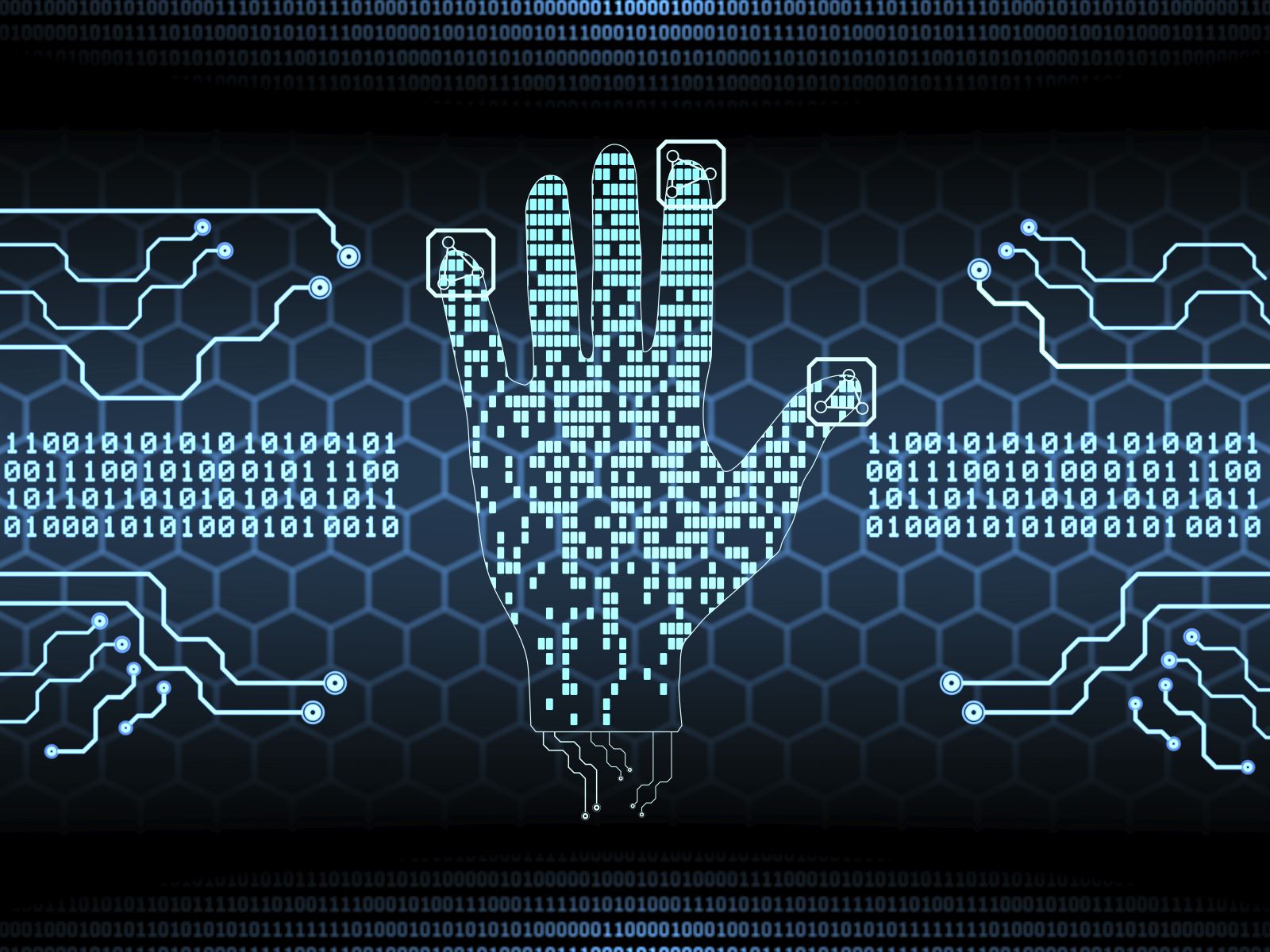A Significance of Digital Cleanliness: Protecting Your Data Secure
A Significance of Digital Cleanliness: Protecting Your Data Secure
Blog Article

In today's digital age, in which our lives are closely woven into the fabric of the internet, maintaining robust cybersecurity practices has never been more important. As we disclose personal information, conduct financial transactions, and engage on social media networks, the importance of protecting our data from cyber threats cannot be emphasized enough. Cyber hygiene is not just a digital necessity; it is an essential habit that each of us must cultivate to safeguard our digital lives.
Daily, countless individuals and organizations fall victim to cyberattacks, exposing confidential information and compromising security. To counter these ever-evolving threats, grasping and implementing proper cyber hygiene practices is critical. By embracing simple yet effective habits, we can strengthen our defenses, reduce risks, and ultimately protect our data sound in an increasingly connected world. As we explore the principles of cybersecurity, it becomes evident that proactive measures can create a significant difference in safeguarding ourselves against potential vulnerabilities.
Cybersecurity Program
Understanding Cyber Hygiene
Online hygiene refers to the practices and actions people and companies take to maintain network health and enhance online security. It covers a range of conduct, from the implementation of protection tools to the consistent upkeep of systems and passwords. By understanding cyber hygiene, individuals can create a resilient defense against cyber threats and vulnerabilities that may compromise their sensitive data.
One key factor of cyber hygiene is the value of secure, unique passwords. Many people tend to reuse passwords across various accounts, which can result to significant security risks. If one account is hacked, cybercriminals often attempt to gain entry to other accounts using the same login information. Using a password manager can help handle complex passwords and encourage people to embrace more secure login practices.
Another vital part of cyber hygiene is routine software updates. Software developers frequently release updates to fix vulnerabilities that could be exploited by attackers. Postponing these updates can render devices vulnerable to potential security threats. Staying proactive about updates ensures that systems are equipped with the newest protections, providing an crucial layer of security in an constantly changing digital landscape.
Best Practices for Data Security
Establishing robust login credentials is a critical step in securing your data. Passwords should be difficult to guess, made up of a mix of letters, numerals, and special characters. It is also crucial to update passcodes on a routine basis and refrain from using the same password on various profiles. Using a password vault can aid keep unique passwords for each account and facilitate secure management.
Consistently updating applications and OS is another vital approach in ensuring data security. Tech companies provide updates to fix issues and improve features. Failing to ensure systems up to date can expose you vulnerable to online attacks. Enable automatic patching when applicable, and take the time to review for updates yourself if required.
Lastly, being vigilant with email and web-based communications can protect your assets from scams and harmful programs. Make sure to check the originator's email address before accessing attachments or clicking on links, notably if they seem questionable. Informing yourself and your team about common tactics used by hackers can enhance your security measures and minimize the risk of falling victim to cyber threats.
The Role of Knowledge and Training
Knowledge and training are essential components of effective cybersecurity practices. Individuals and companies must recognize the risks associated with digital threats to cultivate a culture of vigilance. Educating employees about the various types of cyberattacks, such as phishing scams and malware, equips them to detect and prevent potential threats. By creating tailored training programs that focus on specific vulnerabilities within the company, businesses can significantly reduce the odds of falling victim to cyber incidents.
Furthermore, consistent training sessions help that knowledge remains fresh and relevant. As cyber threats continue to evolve, the methods used by attackers become more advanced. It is essential for employees to stay informed on the latest security practices and technologies. Including practical scenarios and simulations into training allows individuals to rehearse their reactions in a controlled environment, which helps to build self-assurance and swift decision-making skills in the face of an real cyber event.
In conclusion, fostering an open dialogue about cybersecurity can improve an entity's overall security posture. Encouraging staff to share their experiences and perspectives can lead to higher collective awareness. As team members feel more accountable for their role in cybersecurity, they are more apt to engage in safe online practices, thereby establishing a more protected environment for everyone. In this way, awareness and training are not just single efforts but an ongoing commitment to safeguarding against cyber threats.
Report this page